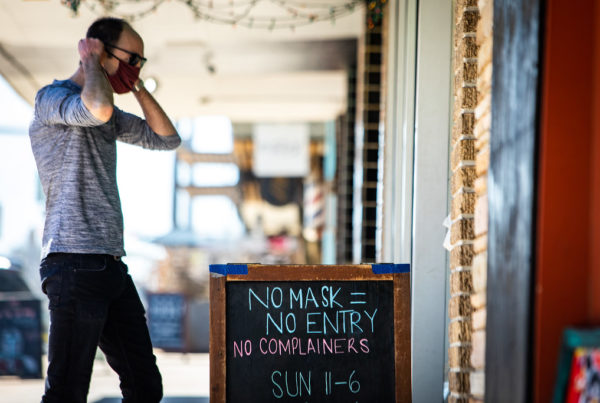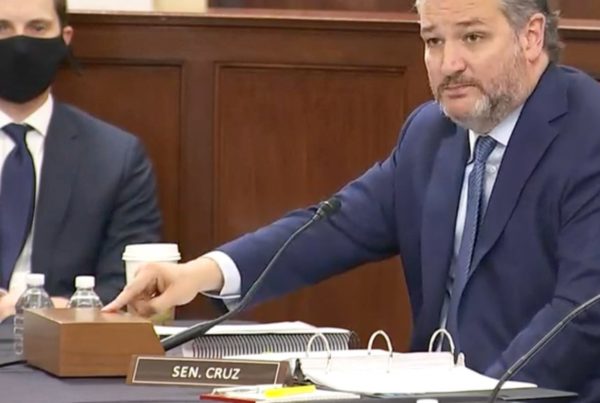Last week, Rep. Don Young, a Republican from Alaska, stepped to the microphone on the floor of the U.S. House of Representatives. Young is the dean of the House – the longest-serving representative in the body. He spoke to praise a group of Texans who’d filed a bill to correct a law that Young himself had helped write.
“You know, it’s a strange thing: you hang around here long enough, you keep seeing the other end of your tail,” Young said. “When we introduced these bills, there was never any intention to exclude these two tribes. Never.”
The tribes he was talking about are the Alabama-Coushatta from East Texas and the Ysleta del sur Pueblo from the El Paso area, also known as the Tigua. Those groups were left out of the Indian Gaming Regulatory Act, a law co-sponsored by Young in 1988 that allowed federally recognized tribes to offer gambling on their land.
It was a landmark piece of legislation for Native American communities. But the year before it passed, the Alabama-Coushatta agreed to prohibit gambling on tribal land in order to get federal recognition. Tribal leaders now argue that they’ve been deprived of a big economic opportunity.
The bill filed by the Texans seeks to rectify that. The Ysleta del Sur Pueblo and Alabama-Coushatta Tribes of Texas Equal and Fair Opportunity Act would allow the two tribes to offer electronic bingo on tribal land. Doing so would create hundreds of new jobs and millions of dollars in revenue, according to one of the bill’s sponsors, Rep. Veronica Escobar, a Democrat from El Paso.
“The problem that we are trying to address is really a fundamental equity and parity issue,” Escobar told Texas Standard. “It is really incomprehensible and should be incomprehensible to everyone as to why two tribes in the state of Texas have been left out of the same opportunity and the same level of operation that every other federally recognized tribes have been able to operate under.”
Escobar sponsored the legislation with another Democrat, Rep. Henry Cuellar of Laredo, and Republican Rep. Tony Gonzales, whose district stretches from San Antonio to El Paso.
The Kickapoo Traditional Tribe of Texas already offers electronic bingo at their casino in Eagle Pass. The Texans’ bill would give the Tigua and Alabama-Coushatta the same opportunity.
The measure was not contentious in the House. It passed via voice vote, meaning lawmakers found it so uncontroversial that they chose not to record yeas and nays.
“We also know that polling in the state of Texas demonstrates that the vast majority of Texans are OK with this; almost 70% of Texans supported this,” Escobar said.
What’s unclear, however, is whether enough senators support it for the bill to become a law.
Some Republicans, such as Gov. Greg Abbott, have come out against the measure, saying that the state’s Constitution prohibits gambling. And the state Legislature has repeatedly rejected attempts to expand it.
Sen. John Cornyn, Texas’ senior senator, has voted against similar bills before. Escobar says she plans to lobby him and Sen. Ted Cruz to support it this time.
“We are all going to be talking with our Texas senators,” she said. “This needs to pass; there’s no reason why it shouldn’t.”















